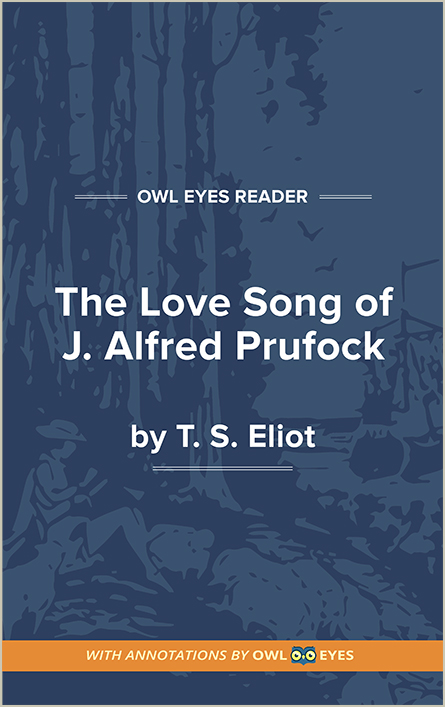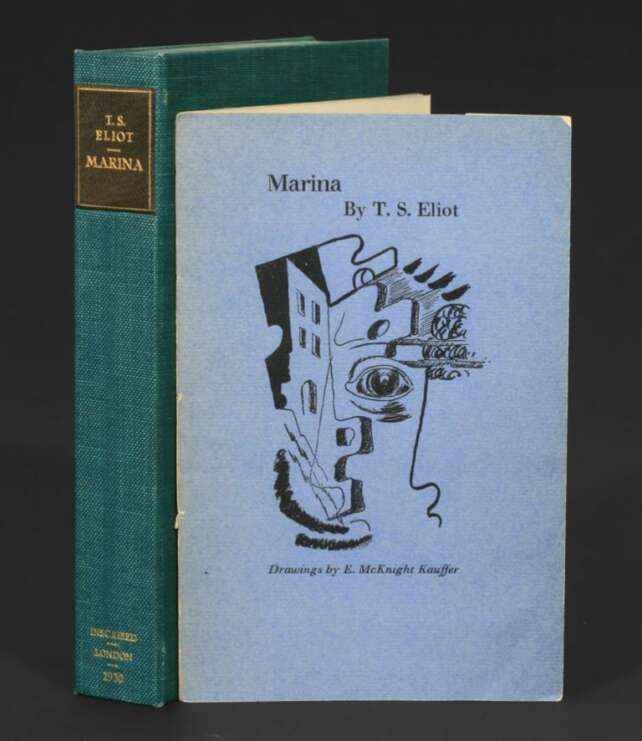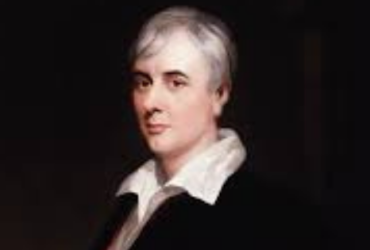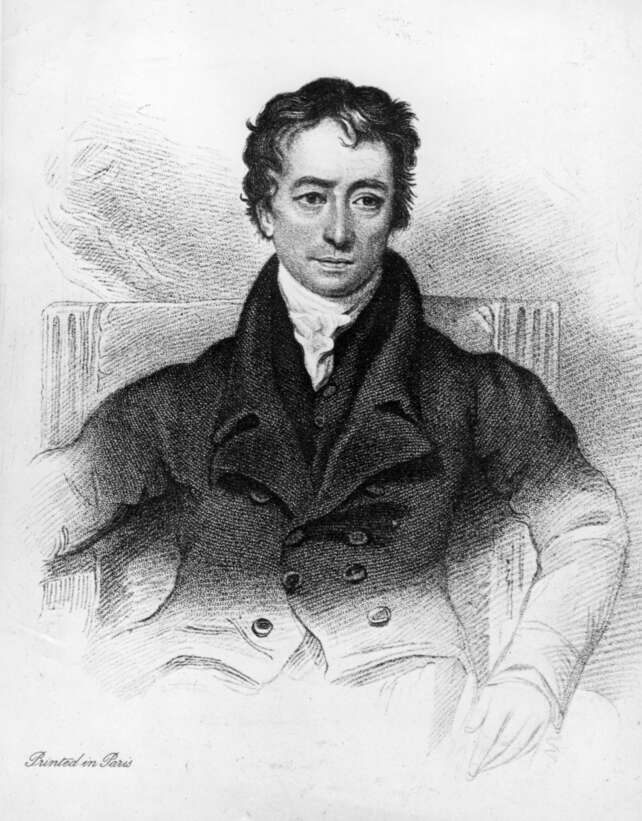Irony implies the contrast between what is apparent and what is actual. This is a literary device that reveals the grim reality underlying a romantic or attractive façade of a particular character, situation, or matter. The author is found to have recourse here to the presentation of the contradiction between what is believed to be…









